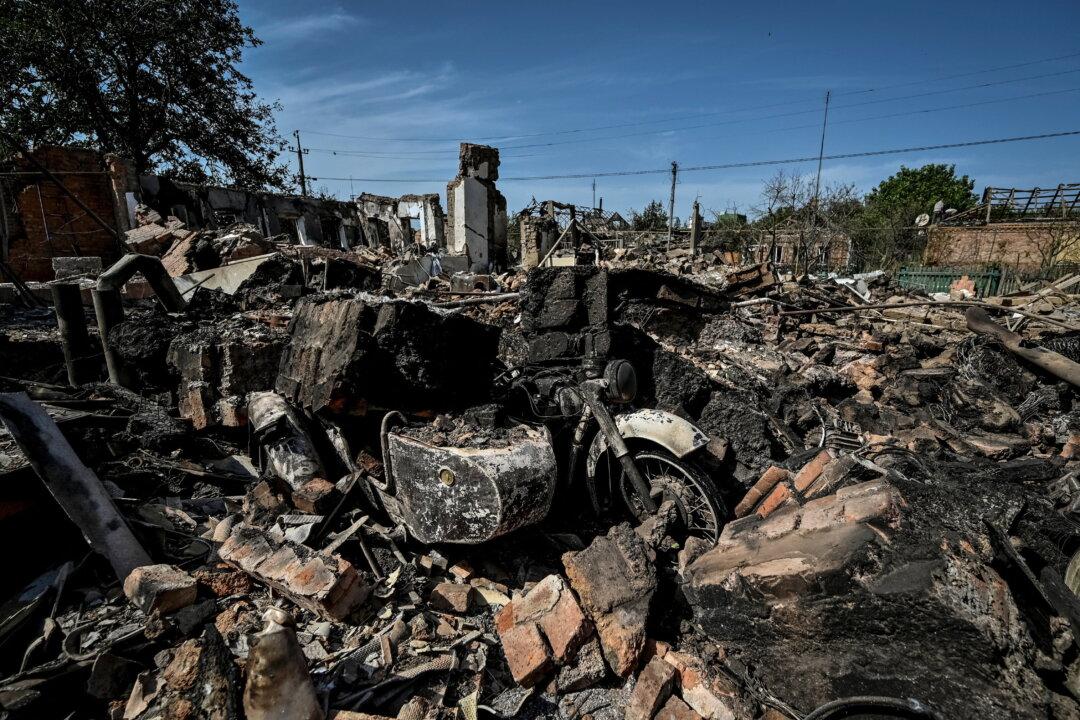Russia’s Defense Ministry is claiming that its forces are now making headway in the southern Zaporizhzhia region of Ukraine after a string of recent battlefield gains on the eastern front.
On Jan. 22, Moscow said its troops were consolidating their positions after a fresh offensive across the Zaporizhzhia front, which has remained largely static for the past several months.





